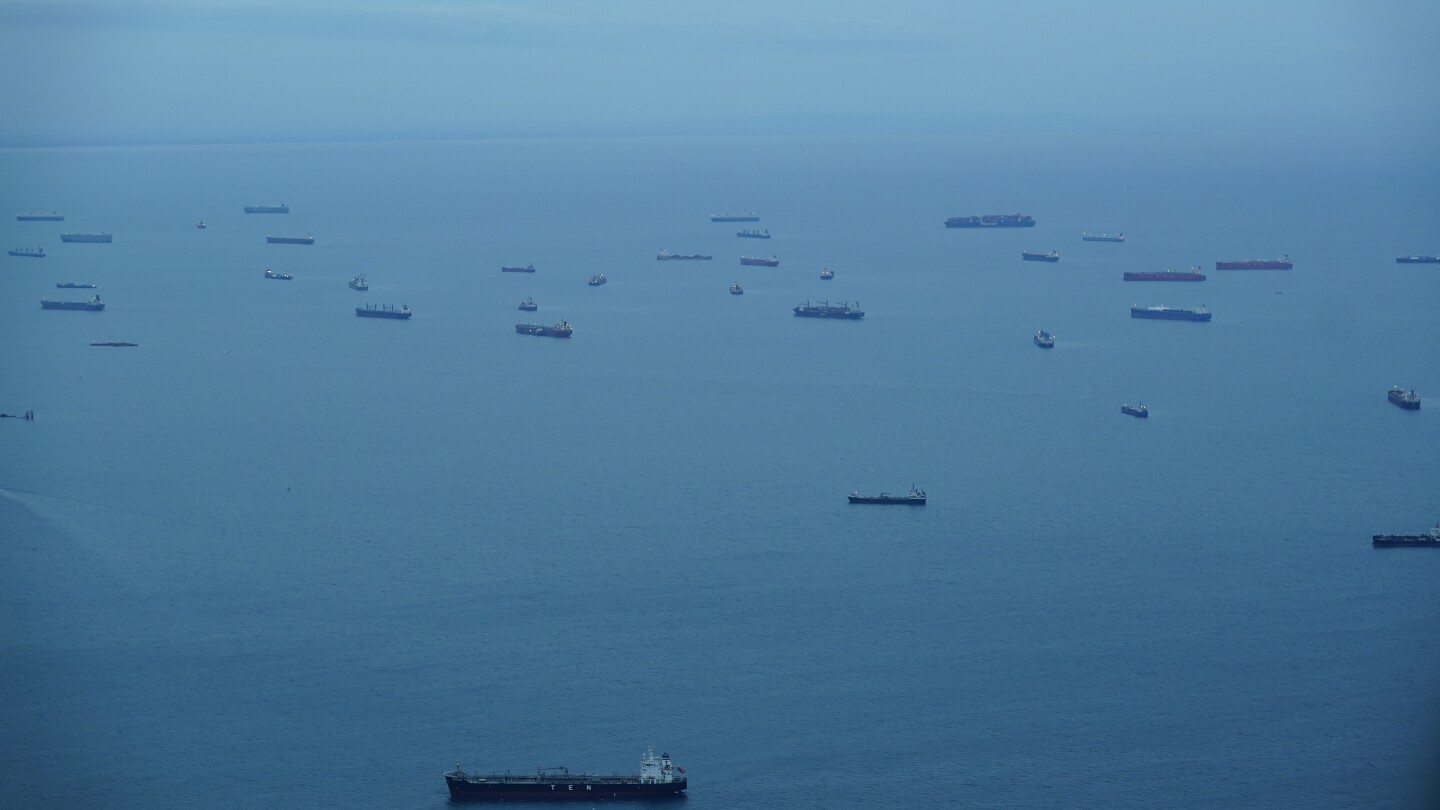The Panama Canal announced Saturday it will reduce the maximum number of ships travelling the waterway to 31 per day, from 32 in August, due to a drought that has reduced the supply of fresh water needed to operate the locks.
That compares to daily averages of 36 to 38 ships per day under normal operation.
Nine ships per day will be allowed to use the new, bigger NeoPanamax locks and 22 per day will be handled through the older Panamax locks.



like all old century inventions, the thing isn’t sustainable since fresh water is finite, and the next thing close to regenerating those fresh reserves is energy-hungry desalination. might as well adress the problem head-on and power the canal with a power plant to actively fill the locks with sea water…but since its run by a third world country, i doubt they would do anything about it and instead act complacent and let things run their course
Nothing is infinite. But fresh water is renewable, which means it can be used sustainably.
Yet another solution provided by the cloud
I see what you did there…
very reliable cloud
Way to accuse a county that ranks 61st on the HDI of not solving a problem because they do not fail within what you call good! You’re point is similar to asking why can’t the US solve navigation issues in the Mississippi when there’s a massive drought? And then blaming them poor people in Mississippi. What a pretentious ignorant comer you made.
Your* point.
that is a federal problem for which the federal government is responsable. Likewise, i was accusing the government of Panama, not its people
WTF are you on about?
All locks work the same way as these ones, even the most modern locks in the US.
They’re not “powered” by fresh water, they’re using the normal flow of water, harnessed by valve systems, to either allow water to accumulate in the chamber or prevent that accumulation, depending on what they’re trying to achieve. The only energy consumed is a relatively small amount of electricity to power the hydraulics that open and close the valves and the lock gates themselves. Everything else is gravity.
tbh i am not responsible for what u did understand. ur mind, ur rules. i hate to repeat myself but what i meant is that using fresh water to fill the locks passively using gravity albeit it is tempting it is in fact a waste of fresh water. so saving fresh water must be a priority and instead we could actively fill the locks using sea water, but at an energy cost, yet it is durable since energy is abundant (especially clean forms of thereof). tbh i am waiting on the day when i can mute notifications of replies to my comments, such a distraction really…
You should not comment on topics you don’t understand because you sound really, really dumb.
Having traversed the Panama Canal several times in the last 15 years, Pauli’s quote “Das is nicht einmal falsch” comes to mind.